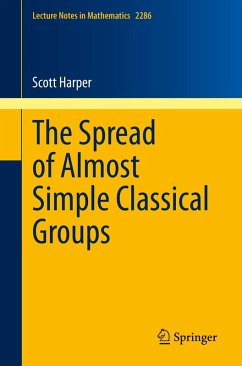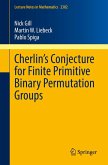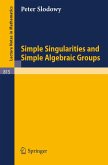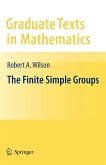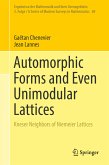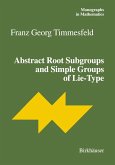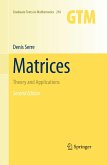This monograph studies generating sets of almost simple classical groups, by bounding the spread of these groups.
Guralnick and Kantor resolved a 1962 question of Steinberg by proving that in a finite simple group, every nontrivial element belongs to a generating pair. Groups with this property are said to be 3/2-generated. Breuer, Guralnick and Kantor conjectured that a finite group is 3/2-generated if and only if every proper quotient is cyclic. We prove a strong version of this conjecture for almost simple classical groups, by bounding the spread of these groups. This involves analysing the automorphisms, fixed point ratios and subgroup structure of almost simple classical groups, so the first half of this monograph is dedicated to these general topics. In particular, we give a general exposition of Shintani descent.
This monograph will interest researchers in group generation, but the opening chapters also serve as a general introduction to the almost simple classical groups.
Dieser Download kann aus rechtlichen Gründen nur mit Rechnungsadresse in A, B, BG, CY, CZ, D, DK, EW, E, FIN, F, GR, HR, H, IRL, I, LT, L, LR, M, NL, PL, P, R, S, SLO, SK ausgeliefert werden.
"The monograph is essentially dedicated to experts in the field and provides a detailed analysis of the spread of the groups, as part of a wider current research project." (Enrico Jabara, zbMATH 1510.20001, 2023)
"The purposes of the monograph are twofold. Firstly, it provides an introduction to the almost simple classical groups for a broad audience, including graduate students new to the area. Secondly, for the experts in the field, it provides a detailed analysis of the spread of these groups, as part of a wider current research project." (Stefan Kohl, Mathematical Reviews, May, 2022)
"The purposes of the monograph are twofold. Firstly, it provides an introduction to the almost simple classical groups for a broad audience, including graduate students new to the area. Secondly, for the experts in the field, it provides a detailed analysis of the spread of these groups, as part of a wider current research project." (Stefan Kohl, Mathematical Reviews, May, 2022)

